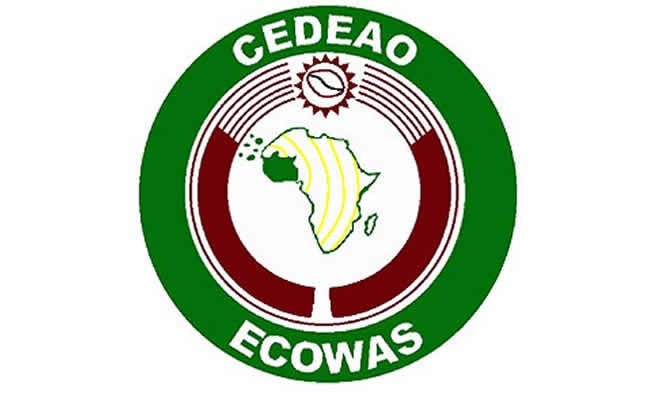Politics
FG Launches ECOWAS National Biometric Identity Card
Nigeria has officially launched the ECOWAS National Biometric Identity Card (ENBIC), a digital credential that enables passport-free travel within West Africa and strengthens border security.

- Nigeria has officially launched the ECOWAS National Biometric Identity Card (ENBIC), a digital credential that enables passport-free travel within West Africa and strengthens border security.

The Federal Government on Friday unveiled the ECOWAS National Biometric Identity Card (ENBIC), a regional digital identity credential designed to improve border security, curb irregular migration, and enhance identity verification across West Africa.
Speaking at the launch in Abuja, the Minister of Interior, Olubunmi Tunji-Ojo, said the new card represents a major step toward modernising Nigeria’s identity management and improving safe mobility across ECOWAS states. He added that President Bola Tinubu’s directive for accelerated implementation helped revive the long-delayed project.
According to Tunji-Ojo, ENBIC is equipped with advanced biometric and cryptographic features and is compatible with international public key infrastructure systems, making it secure and globally interoperable.
The minister also announced that the card can serve as a travel document within ECOWAS, reducing pressure on the Nigerian passport system.
“If you are travelling only within ECOWAS, you no longer need a passport. This card is sufficient for all regional travel,” he said.
“With ENBIC, Nigeria is strengthening its borders and reaffirming its leadership in a region striving for safer mobility and digital integration.”
He linked the launch to recent reforms, including the deployment of the UN-mandated Advanced Passenger Information System and plans to introduce a Single Travel Emergency Passport in January for stranded Nigerians.
Representing the Secretary to the Government of the Federation, Senator George Akume, Permanent Secretary Mohammed Sanusi Danjuma said the initiative aligns with Nigeria’s long-standing commitment to regional integration. He recalled that the technical framework for the biometric ID was adopted at an ECOWAS summit in Abuja in 2014.

“In our hands is a simple card, but in our hearts lies a profound hope,” Akume said.
“It is a tool of dignity for migrant women, an enabler for cross-border traders, and a promise of a West Africa where borders become bridges of opportunity rather than barriers.”
He urged ECOWAS member states to step up implementation, harmonise national identity databases, and encourage private-sector innovation—particularly from fintech companies—to build services on the new platform.
DON’T MISS: Lawmakers’ Wives, Children Having Police Escorts Is an Insult to Nigerians: Ndume
The Comptroller-General of Immigration, Kemi Nandap, explained that the ENBIC replaces the old paper travel certificate and fully meets ECOWAS and ICAO standards. She said its biometric foundation—anchored on high-quality facial and fingerprint data—will strengthen verification processes, reduce document fraud, and help counter cross-border criminal activities.
According to her, the card will also boost trade, labour mobility, tourism, and regional cooperation.
In a message delivered at the event, the President of the ECOWAS Commission, Omar Touray, praised Nigeria for its leadership and confirmed that the biometric identity initiative forms part of ECOWAS’ broader plan to establish a unified regional digital identity ecosystem.
With Friday’s rollout, Nigeria becomes the latest ECOWAS member state to implement the biometric identity system, a project that has been over a decade in the making.























